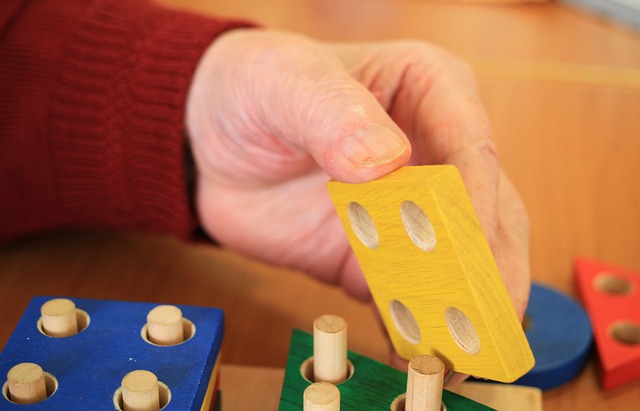Dementia is a neurodegenerative condition that affects millions of individuals worldwide. While certain risk factors for dementia, such as age and genetics, are beyond our control, lifestyle choices play a crucial role in influencing our risk and progression of the disease.
In this article, we will explore how lifestyle factors can affect dementia and provide practical tips on what you can do to promote brain health and reduce the risk of dementia.
The Impact of Lifestyle on Dementia Risk:
- Physical Exercise: Engaging in regular physical activity, such as aerobic exercises, strength training, and even walking, has been shown to improve brain health, enhance cognitive function, and reduce the risk of dementia.
- Healthy Diet: Following a balanced diet rich in fruits, vegetables, whole grains, lean proteins, and healthy fats provides essential nutrients and antioxidants that support brain health. The Mediterranean and DASH diets, which emphasize plant-based foods and limit processed foods, have shown promising results in reducing the risk of cognitive decline.
- Mental Stimulation: Keeping your brain active through activities like reading, puzzles, learning new skills, and engaging in social interactions helps build cognitive reserve and may delay the onset of dementia.
- Heart-Healthy Lifestyle: Managing conditions like high blood pressure, diabetes, and high cholesterol through lifestyle modifications and proper medical care is crucial. These conditions can increase the risk of vascular dementia, a type of dementia caused by reduced blood flow to the brain.
- Social Engagement: Maintaining strong social connections and participating in social activities have been linked to a lower risk of cognitive decline. Joining clubs, volunteering, and staying connected with friends and family can positively impact brain health.
Strategies for Dementia Prevention:
- Maintain a Healthy Weight: Obesity and excessive weight gain in midlife have been associated with an increased risk of dementia. By adopting a balanced diet and engaging in regular physical activity, you can maintain a healthy weight and reduce your risk.
- Quit Smoking: Smoking is linked to an increased risk of cognitive decline and vascular diseases. Quitting smoking is not only beneficial for overall health but also lowers the risk of dementia.
- Limit Alcohol Consumption: Excessive alcohol consumption can harm brain health and increase the risk of cognitive impairment. Drink alcohol in moderation or consider abstaining altogether to reduce the risk.
- Get Quality Sleep: Prioritize a good night’s sleep as poor sleep patterns and sleep disorders have been associated with an increased risk of cognitive decline. Establish a regular sleep routine and create a sleep-friendly environment.
- Manage Chronic Conditions: Take proactive measures to manage conditions like diabetes, high blood pressure, and high cholesterol. Regular medical check-ups, following prescribed treatments, and maintaining a healthy lifestyle can help prevent or manage these conditions effectively.
- Stay Mentally and Socially Active: Engage in activities that stimulate your mind, such as reading, puzzles, learning new skills, and socializing with others. Stay connected with friends, join community groups, and participate in intellectually stimulating activities.
Conclusion
While there is no guaranteed way to prevent dementia, adopting a healthy lifestyle can significantly reduce your risk and promote brain health. Regular physical exercise, a balanced diet, mental stimulation, social engagement, and managing chronic conditions are powerful tools in the fight against dementia. By making positive lifestyle choices and implementing these strategies, you can take control of your brain health and enhance your overall well-being. Remember, it is never too late to start making positive changes, and small steps taken today can have a significant impact on your brain health and reduce the risk of dementia in the future.
Dementia
-

Recognize the Dementia Symptoms: When to See a Doctor
Dementia is a progressive condition that affects millions of individuals worldwide. Recognizing the early signs and symptoms of dementia is crucial for timely diagnosis and appropriate medical intervention. In this article, we will provide an overview of common dementia symptoms and highlight the importance of seeking medical attention when these symptoms arise. By understanding the…







Leave a Reply